DEC WARNS MOTORISTS TO BE ALERT FOR MOOSE IN THE ADIRONDACKS
 Motorists should be alert for moose on roadways in the Adirondacks and surrounding areas at this time of year – a peak of moose activity – the New York State Department of Environmental Conservation (DEC) cautioned today.
Motorists should be alert for moose on roadways in the Adirondacks and surrounding areas at this time of year – a peak of moose activity – the New York State Department of Environmental Conservation (DEC) cautioned today.
Early fall is the breeding season for moose in northern New York. During this time moose are wandering to look for mates, leading them to areas where they are not typically seen. While this improves the opportunities for people to enjoy sightings of a moose, it also increases the danger of colliding with one on the roadway.
DEC estimates that New York has a population of approximately 500 moose in the Adirondacks and surrounding areas. Over the past couple of decades the moose population has increased mainly by entering the state from Vermont and Canada. Now the increase in population is mainly due to the birth of moose calves here in New York.
Moose are much larger and taller then deer. Their large body causes greater damage, and, when struck, their height often causes them to impact the windshield of a car or pickup truck, not just the front of the vehicle. Last year, 10 moose-vehicle accidents were reported in New York. However, there has not been a human fatality from an accident with a moose – a record DEC hopes to retain.
Moose are most active at dawn and dusk, which are times of poor visibility. Moose are especially difficult to see at night because of their dark brown-to-black coloring and their height – which puts their head and much of their body above vehicle headlights.
DEC advises motorists to take the following precautions to prevent moose-vehicle collisions:
- Use extreme caution when driving at dawn or dusk, especially during September and October.
- Reduce your speed, stay alert, and watch the roadsides.
- Slow down when approaching moose standing near the roadside, as they may bolt at the last minute when a car comes closer, often running into the road.
- Moose may travel in pairs or small groups, so if a moose is spotted crossing the road, be alert for others that may follow.
- Make sure all vehicle occupants wear seatbelts and children are properly restrained in child safety seats.
- Use flashers or a headlight signal to warn other drivers when moose are spotted near the road.
- Motorcyclists should be especially alert for moose.
- If a moose does run in front of your vehicle, brake firmly but do not swerve. Swerving can cause a vehicle-vehicle collision or cause the vehicle to hit a fixed object such as a tree or pole.
- If a moose is hit and killed by a vehicle, the motorist should not remove the animal unless a permit is obtained from the investigating officer at the scene of the accident.
DEC expects the moose population to increase rapidly over the next decade. Drivers will likely be encountering moose on the roadway and need to become accustomed to practices that will help avoid collisions. DEC continues to work with the Department of Transportation to identify and place signs in areas where moose are present along roads.
More Stuff:
ONCE EXTINCT IN THE STATE, MOOSE RETURN TO NEW YORK

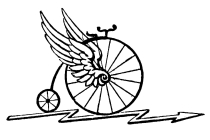
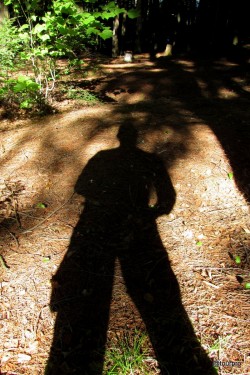
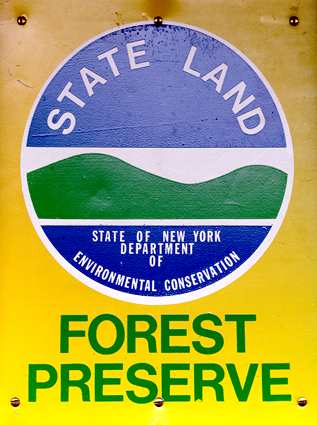

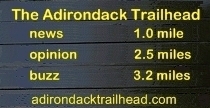
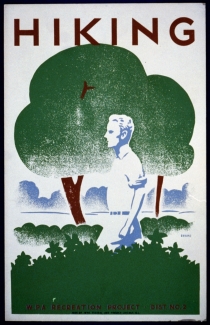
No Comments so far ↓
There are no comments yet...